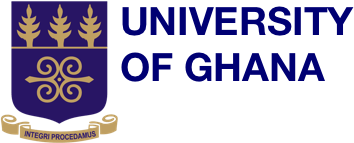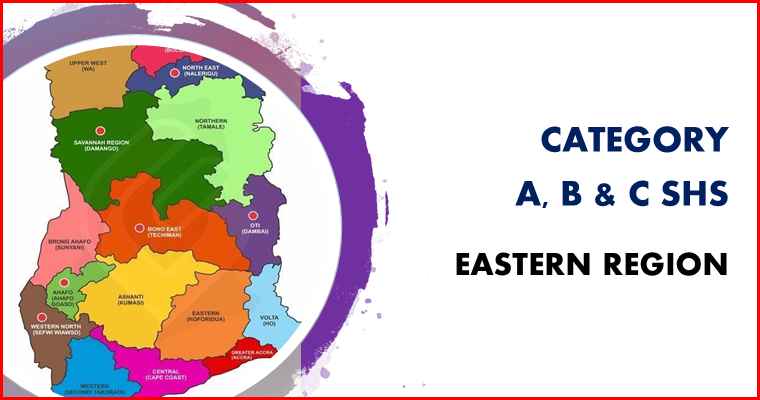OVERVIEW
The School of Information and Communication Studies (SICS) aims at improving and extending the frontiers of Information and Communication dissemination and management through effective teaching, learning and research.
The School focuses on developing world- class students who are skilled, versatile, creative and ready to take up positions in local and global information and communication industries.
It also aims at producing innovative research to reflect the evolutions in the creation, dissemination and exploitation of knowledge and the impact of new forms of media and communication on people’s lives.
AIMS AND OBJECTIVES
At the end of the programme, graduates are expected to:
• Be familiar with the theoretical concepts and principles of Information Studies and related disciplines.
• Demonstrate a holistic understanding of the evolving roles and design of information systems, organisational context in which information is used and information systems that support information usage.
• Be able to apply the relevant theories and practices to collect, process, store, retrieve, present and communicate information.
• Demonstrate an understanding of contemporary information access practices and debates particularly privacy, equity, intellectual property and intellectual freedom.
• Be able to conduct research to develop and evaluate information services and systems.
INDUSTRY/GLOBAL TRENDS
Today, technology-enabled information is taking the world to unprecedented heights. For this reason, Information Studies is rapidly evolving and professionals must learn, unlearn and relearn to be relevant.
Its foci have also expanded to create more practical solutions that are efficient and convenient to a wide range of scientific, commercial and industrial settings.
Researchers predict that today’s Information Age will undergo an even bigger transformation through networked sensor applications. Already sensors are being used for “smart water” (water quality assurance & detection of leaks); “smart metering” (energy consumption monitoring & management) and “smart lighting” (weather adaptive lighting in street lights).
Current studies indicate that, by upgrading existing IT systems to newer, faster and more mobile networks and by networking such mobile networks into networked systems, they will transform today’s society into a “smarter world” incomparable to any period of human history.
CAREER PROSPECTS
Graduates from this non-teaching programme could be employed as research officers in Nongovernmental agencies, ministries and government agencies. They can also work in other service sectors where working graduates with a social science background is required.
TUITION METHODS
Class discussions, presentations, seminars and workshops.








